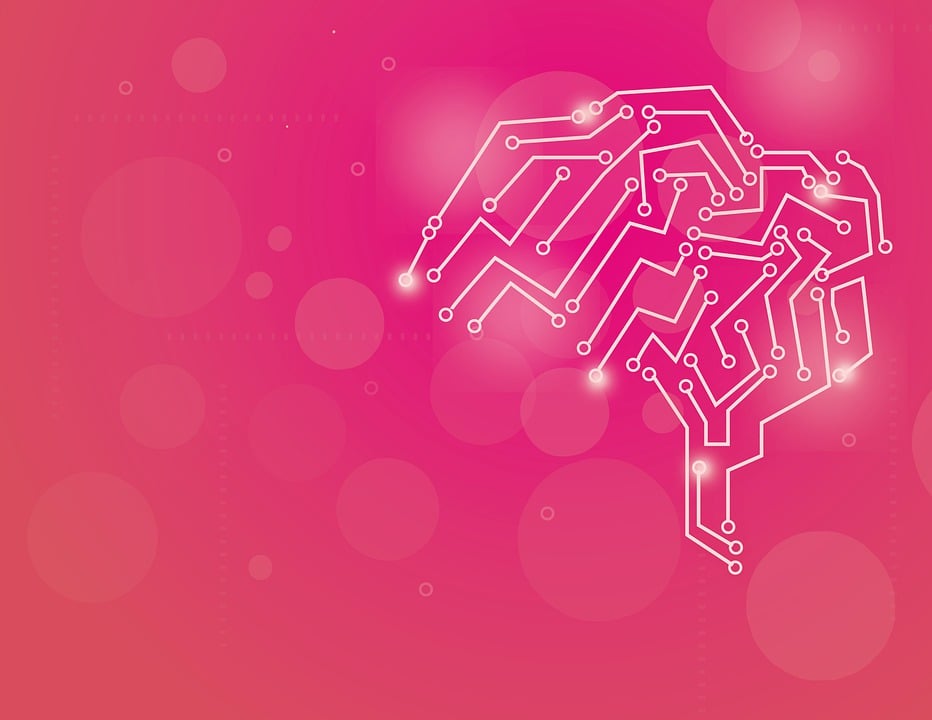Title: From Social Media to Search Engine Optimization: How AI is Transforming Digital Marketing
In recent years, Artificial Intelligence (AI) has revolutionized the world of digital marketing, offering innovative solutions to marketers seeking to maximize their online presence and engagement. From predicting social media trends to optimizing search engine rankings, AI is transforming the way companies reach and interact with their target audience. In this article, we’ll delve into the latest developments and trends in AI-powered digital marketing, highlighting its potential to transform the industry as a whole.
From Social Media to Predictive Analytics
AI-powered tools have been integrated into various social media platforms, allowing marketers to analyze user behavior, predict trends, and tailor their content accordingly. For instance, Facebook uses machine learning algorithms to forecast the engagement rates of future posts, enabling marketers to adjust their content strategy on the fly. Similarly, Twitter’s "Trend Prediction" feature uses natural language processing to identify upcoming trends, helping marketers to capitalize on popular topics and hashtags.
The Evolution of Search Engine Optimization
AI has also transformed Search Engine Optimization (SEO) by introducing advanced algorithms and natural language processing techniques. Modern SEO strategies rely on machine learning algorithms to analyze large volumes of data, providing insights on search patterns, keyword trends, and website content. Google’s ranking algorithms, such as TensorFlow, leverage AI to process search queries and deliver accurate results. As a result, marketers must adapt to AI-driven SEO best practices, focusing on high-quality content, technical optimization, and user experience.
The Rise of Chatbots and Virtual Assistants
The increasing adoption of Chatbots and Virtual Assistants has further transformed the digital marketing landscape. AI-powered chatbots enable businesses to engage with customers 24/7, providing instant support and answering frequently asked questions. These virtual assistants use machine learning algorithms to analyze customer interactions, recognizing patterns and improving their conversational flow over time.
Content Creation and Analysis
AI-powered content analysis tools have become essential in digital marketing, helping to streamline content creation, publication, and distribution. Natural Language Processing (NLP) algorithms analyze content style, tone, and keyword usage, providing insights on the effectiveness of marketing materials. AI-powered content recommendations help marketers identify the most relevant and engaging content to publish, while sentiment analysis enables them to gauge consumer reactions to their campaigns.
Predictive Maintenance and Quality Control
AI also plays a crucial role in maintaining the quality and stability of digital marketing campaigns. Predictive maintenance algorithms continuously monitor campaign performance, flagging potential issues and errors before they affect the brand’s reputation. AI-driven quality control tools analyze customer feedback, social media interactions, and website analytics to identify areas for improvement.
Conclusion
The intersection of AI and digital marketing has led to a plethora of innovative solutions, enhancing the way businesses interact with their customers and optimize their online presence. As the marketing landscape continues to evolve, it’s essential for marketers to stay ahead of the curve by embracing AI-driven technologies and strategies. From predicting social media trends to optimizing search engine rankings, AI is transforming digital marketing and will continue to play a vital role in shaping the industry’s future.

